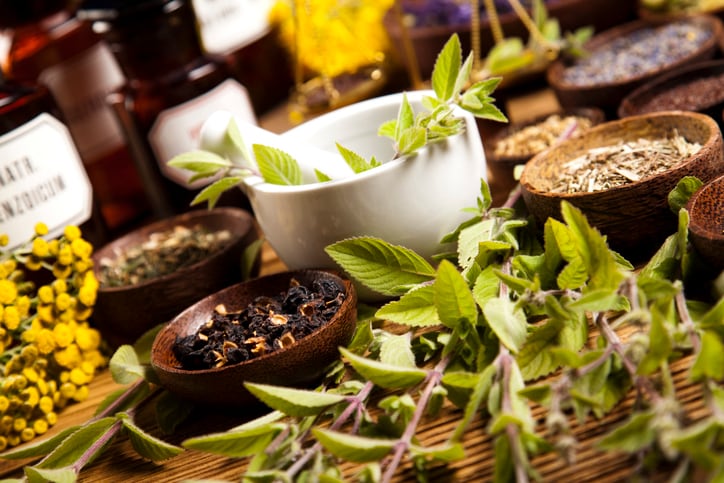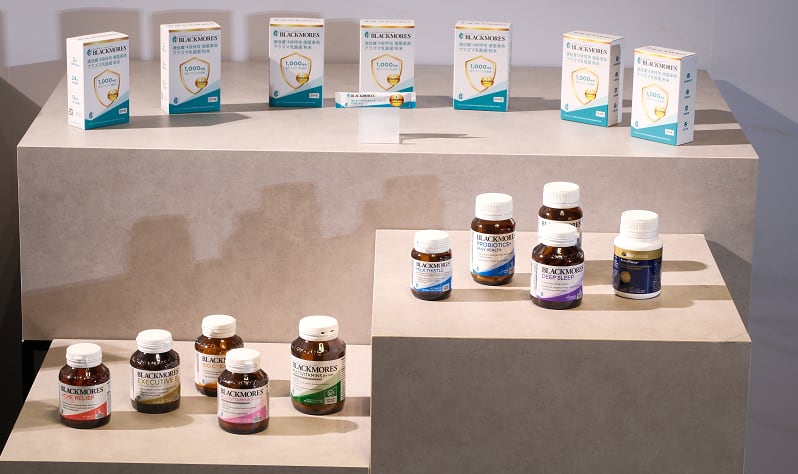On April 15, Australia’s Minister for Health and Aged Care Mark Butler announced his decision to reinstate health insurance rebates for seven natural therapies, including naturopathy and western herbal medicine.
Australia already has a robust naturopathy ecosystem in place, with over 10,000 practicing naturopaths across the country.
The profession provides holistic and preventive treatments focused on lifestyle medicine, dietary modifications and natural interventions.
The other five therapies approved for rebates are yoga, pilates, tai chi, shiatsu, and Alexander Technique.
These therapies were struck out from health insurance rebates back in 2019. This follows the findings of a 2015 review tasked by the government which found “insufficient evidence” on the clinical effectiveness of 16 types of natural therapies.
It was only after a subsequent review - the Natural Therapies Review 2024 - that the aforementioned seven therapies were reincluded as eligible for private health insurance benefits.
However, health insurance rebates were not reinstated for nine other therapies that were removed in 2019. These include aromatherapy, reflexology, kinesiology, and Bowen therapy.
Speaking to NutraIngredients-Asia, industry veteran Marcus Blackmore, the owner of leading dietary supplement firm Blackmores, which was later sold to Kirin, described the development as a “massive turnaround”.
For a long time, the natural therapy and health supplement industry has been undermined for the perceived lack of clinical evidence.
The fact that the new review, led by Australia’s incoming chief medical officer Professor Michael Kidd who assumes the role officially in June, gave several natural therapies the nod, shows a shift in understanding.
“I’ve been involved in this all my life and this is the first time I’ve seen anything come from the government to say that these things have effectiveness.
“They would have never said that in the past. It’s a massive turnaround from the government and part of that review process includes the National Health and Medical Research Council (NHMRC), which is the government’s repository for all things to do with medical research,” said Blackmore.
He believes that it is not the emergence of new scientific evidence that has led to the government’s recognition.
The evidence has always been there, he said.
What is new is that experts who truly understand natural therapies are now placed in the review committee, and hence, the favourable outcome.
“It’s not new evidence. It’s evidence that has been there all along...It’s about having people who understand the business (natural therapies) being appointed in the review committee,” he said.
Professor Kidd, who led the 2024 review, acknowledged the challenges in achieving high certainty evidence in clinical studies involving natural therapies due to study design limitations.
He has therefore recommended re-inclusion for therapies where there is moderate certainty evidence of their clinical effectiveness.
“Given the nature of the therapies, it is difficult to achieve high certainty in the evidence due to study design limitations, such as the difficulties in using double blinding or sham/placebo in most of the therapies.
“I have therefore recommended re-inclusion where there is moderate certainty evidence of their clinical effectiveness for at least one health outcome in one health condition against the best available comparator where the majority of the evidence favours effectiveness.
“This excludes very low certainty evidence, where the reviewers’ confidence was so limited that interpretation was not provided,” he explained.
The review was supported by members of the Natural Therapies Review Expert Advisory Panel (NTREAP). These members include Professor Emeritus Alan Bensoussan and Professor Jon Wardle, who were both guests on our Nutrachampion podcast.
Both were also given special mentions by industry association Complementary Medicines Australia (CMA) in view of the rebates announcement.
“CMA acknowledges the dedication and professionalism of the Natural Therapies Review Expert Advisory Panel, with special recognition for Professor Emeritus Alan Bensoussan and Professor Jon Wardle, whose decades of research, advocacy, and leadership have helped drive this critical policy change,” the association said in a statement.
The association added that reinstating rebates would be especially helpful for people suffering from chronic conditions or are seeking preventive healthcare.
“The reinstatement of rebates will significantly improve access to these therapies for Australians with private health insurance, particularly benefiting those managing chronic conditions or seeking preventive healthcare approaches.
“This decision not only enhances access to natural therapies, it also helps to take pressure off an overstretched health system by helping people to stay well and avoid visits to GPs and hospitals.”
It believes that the development is an “important first step” in recognising the vital role that complementary medicines and therapies play in Australia’s healthcare system.
Ripple effect on other countries?
Blackmore, on the other hand, hopes that the new achievement will advance the natural therapy sector in other countries as well.
“Whether it’s in the US, or the UK or Australia, our industry and our profession have been fighting against the government for some degree of recognition...
“From my point of view, this is an unbelievable achievement by the natural product industry in Australia and hopefully other countries will follow what’s going on in Australia,” said Blackmore.
In fact, Blackmore has been supporting the education of naturopathy at the tertiary level through his personal philanthropic trust - the Blackmore Family Foundation.
Last year, the foundation bestowed a AUD$10 million (US$6.4m) gift on Australia’s Southern Cross University to further develop research and education in naturopathic medicine.
This was the second gift from the foundation.
Back in 2018, it had similarly given AUD$10m to help establish the university’s National Centre for Naturopathic Medicine (NCNM).
The centre has since developed one of the largest clinical trial units in regional Australia and conducted several clinical trials into the use of natural medicines and integrative healthcare.
These include a trial that looks into the use of medicinal cannabis for treating brain cancer - said to be a world-first trial.
It is also researching the use of natural medicines in the treatment of vertigo, urinary tract infections and diabetes.
Insurers to decide coverage of natural therapies
While insurance rebates have been reinstated for seven natural therapies at the government level, the decision on which of these seven therapies are covered ultimately lies with the insurers.
“Coverage of natural therapies remains a decision for insurers.
“Insurers which choose to cover the therapies will work with the natural therapies sector on coverage and to re-establish provider credentialing,” said a statement published on a website run by minister Butler.
He added that the government would ensure timely re-inclusion of the rebates.
“The government will ensure timely re-inclusion of benefits for natural therapies, so this coverage is available as soon as possible.
“I thank Professor Kidd and the whole review team for the comprehensive review, which will also be a valuable resource for Australians looking for more information about the effectiveness of natural therapies,” he said.




